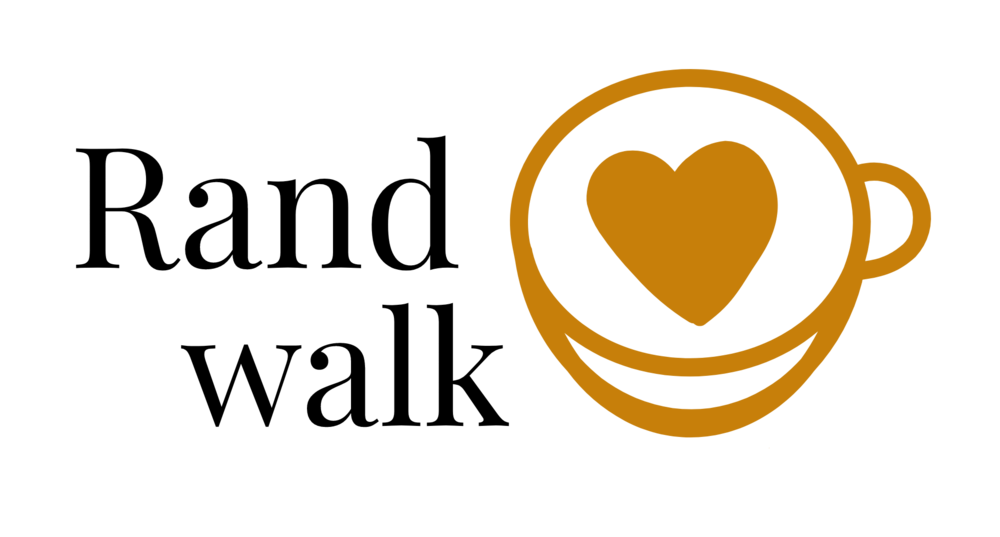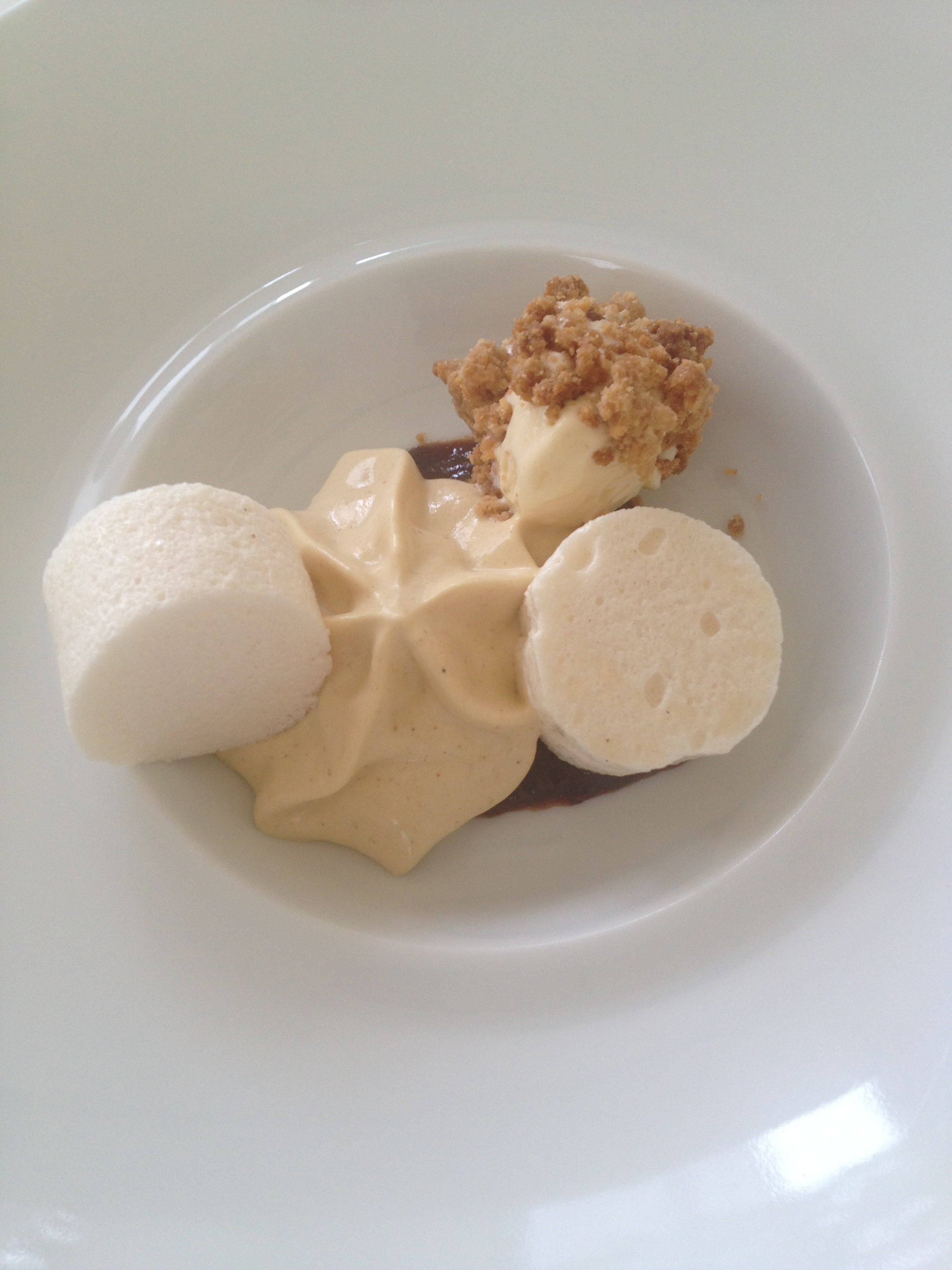The drinking scene is exceptional. Delirium pub has thousands of beers, and an extensive list of domestic and international ones on tap. They aren’t as affordable as expected but cheap nonetheless. For something more provocative, there is a converted Bohemian Brothel called Goupil le Fol, where they serve a delicious fruit wine. Behold posters of naked women and a Sylvia Plath room. It is filled with friendly international students who speak enough languages to make you feel illiterate.
Les Brassins
Rabbit in cherry beer sauce (1 leg) € 13,00
No credit cards
Hot Chocolate at Zaabar
Fritland
The waffles were terrible, the fries were mediocre and the chocolate was good. The best place to go for chocolate is Zaabar, especially on Wednesdays and Saturdays for a hands-on session. But if not, then at least get a rich chaud chocolate. For traditional Belgian fare, try Les Brassins. The slow cooked rabbit is ever so tender in a gravy that is thick but never heavy. For something fancier, Bouchery is often noted as Brussels's best restaurant. It is, at its core, a French restaurant. To start, a playful amuse-bouche of pulverized cauliflower. Next, seared mackerel still mostly raw accentuated by a curiously sweet stalk of salsify. Another fish and a dessert, both decent but nothing to write home about, finish the meal. But it is a restaurant worth going to, if only to escape the tourists for a bit. It is half-an-hour away from city centre and has a cozy cottage feel and its own garden.
Bouchery
29€ Lunch, 4 courses
Hallepoort
For a good view, go to the Hallepoort. It was the most important gateway into the city before the walls came down (a fragment of those in Paris). For something more hipster, try Nova-Cinema. It shows small-scale productions that are small probably because they’re so bad. But it’s about pretending to be a pseudo-intellectual for a bit and eating 6€ grub and drinking 2€ beer in a communal setting before settling into an run-down theatre.
The European motto "United in Diversity" in 23 different languages
Belgium has a dual-language system delineated by Brussels; anything south is effectively French and anything north is Dutch. My train sped through a fantastical snowstorm that stopped as soon as it started as the capricious weather is in these parts. As the sun arose, there was not any French to be found. I was on a train with clogged toilets and worn seats. At Roosendaal, a small picturesque city right across the border in the Netherlands, I changed to a comfortable and modern Dutch train. The phones worked better (for less), the food tasted better and even the beer was comparable.
The capital of the Europe suffers similar problems as the Union. It adopts the language of the French with mannerisms of the Dutch. The two do not mix well. Avid maître d’s of the Rue des Bouchers degrade themselves to flee-market salesmen as they try to convince tired tourists that their pot of moules is the best. It is reminiscent of Little Italy, New York, a former Dutch colony. That Belgium is an insignificant country with a diverse language set made it a perfect location for the European Parliament, which is headed by an equally unknown Belgian to whom Nigel Farage chastised as having the charisma of a damp rag and the appearance of a low grade bank clerk. He then added that "Belgium is a non-country".
Although the English, French and Dutch each had their golden ages in history, the Belgians have been relegated to a supporting role. This makes Brussels uneventful. No amount of waffles, beer, frites or mussels can change that. On a two-night stay one cannot but return back to the Grand Place and the various pedestrian streets that wrap around the square time and time again.
Grand Place






















